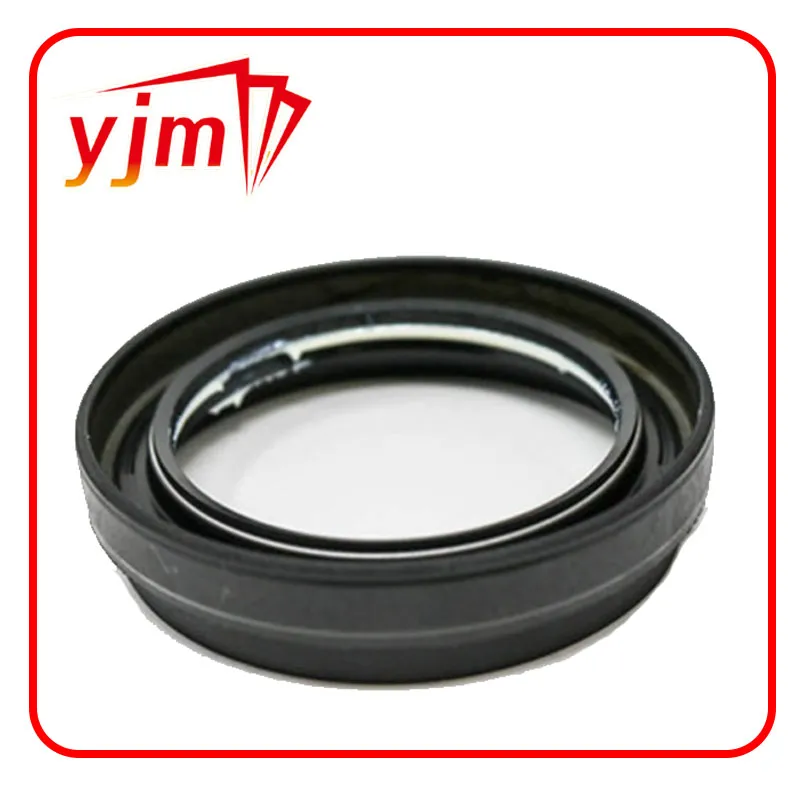Oil Cooler Housing Gasket Replacement and Maintenance Guide
Understanding Oil Cooler Housing Gaskets Importance, Types, and Maintenance
The oil cooler housing gasket plays a critical role in the overall function and efficiency of an engine. Its primary purpose is to seal the joint between the oil cooler and the engine block or oil filter housing, preventing oil leaks and ensuring that the engine operates smoothly. In this article, we will explore the importance of the oil cooler housing gasket, the various types available, and best practices for maintenance.
Importance of Oil Cooler Housing Gaskets
The oil cooler is an essential component of an engine's cooling system. It helps regulate the temperature of the engine oil, ensuring that it remains at an optimal temperature for lubricating engine parts. If the oil becomes too hot, it can lose viscosity, leading to inadequate lubrication and potentially causing engine damage. The oil cooler housing gasket ensures that oil flows correctly between the cooler and the engine, preventing leaks and maintaining pressure in the system.
A compromised gasket can lead to several issues. Oil leaks can occur, resulting in low oil levels that may lead to engine overheating. Furthermore, contaminated oil can enter the engine if coolant or debris bypasses the gasket, leading to more severe problems such as increased engine wear and component failure. Thus, the integrity of the oil cooler housing gasket is paramount for maintaining engine health.
Types of Oil Cooler Housing Gaskets
Oil cooler housing gaskets come in various materials and designs to suit different engines and applications. The most common types include
1. Rubber Gaskets These are popular due to their flexibility and resilience against temperature changes. Rubber gaskets can effectively seal the joint while allowing for slight movements in the engine.
2. Cork Gaskets Made from compressed cork, these gaskets can provide a good seal and are often used in older engines. They tend to absorb oil but may degrade over time, particularly if exposed to high temperatures.
oil cooler housing gasket

3. Paper Gaskets While not the most durable option, paper gaskets are lightweight and inexpensive. They are often used in situations where the joint does not expose the gasket to high pressure or temperature changes.
4. Metal Gaskets These gaskets are designed for high-performance engines that operate under extreme conditions. Metal gaskets can handle higher pressures and temperatures and are resistant to wear, making them a reliable choice for demanding applications.
Maintenance and Replacement
Maintaining the oil cooler housing gasket is essential for vehicle longevity. Regular inspections can help identify any signs of wear or damage. Here are some best practices for maintenance and replacement
- Regular Inspections During routine oil changes or servicing, check for any signs of oil leaks around the oil cooler housing. Signs such as oil spots on the ground or engine compartment can indicate a gasket issue.
- Use Quality Gaskets When replacing a gasket, opt for high-quality materials that can withstand the operating conditions of your engine. Cheaper options may save money initially but can lead to more significant issues down the line.
- Follow Manufacturer Recommendations Always follow the manufacturer's guidelines for gasket replacement intervals and specifications. Some engines may require more frequent replacements based on operating conditions.
- Professional Installation If you are not experienced in engine repairs, it is advisable to have the gasket replaced by a qualified mechanic. Proper installation is crucial to ensure a tight seal and avoid future leaks.
In conclusion, the oil cooler housing gasket is a vital component that should not be overlooked. By understanding its importance, recognizing the various types available, and adhering to maintenance best practices, you can ensure the longevity and performance of your engine. Regular attention to this seemingly minor part can prevent significant damage, ensuring your vehicle runs smoothly for years to come.
-
Simplifying Oil Changes: A Comprehensive Guide to Oil Drain Plugs and Their Variants
News Aug.04,2025
-
Mastering Oil Drain Maintenance: Solutions for Stripped, Worn, and Upgraded Oil Plugs
News Aug.04,2025
-
Fixing Oil Pan Plug Issues: Leaks, Stripped Nuts, and the Right Replacement Solutions
News Aug.04,2025
-
Everything You Need to Know About Oil Drain Plugs: Sizes, Fixes, and Upgrades
News Aug.04,2025
-
Choosing the Right Oil Drain Plug: A Guide to Sizes, Materials, and Drain Innovations
News Aug.04,2025
-
A Complete Guide to Automotive Drain Plugs: Types, Problems, and Innovative Solutions
News Aug.04,2025
-
The Ultimate Guide to Car Repair Kits: Tools and Essentials Every Driver Should Own
News Aug.01,2025
Products categories















